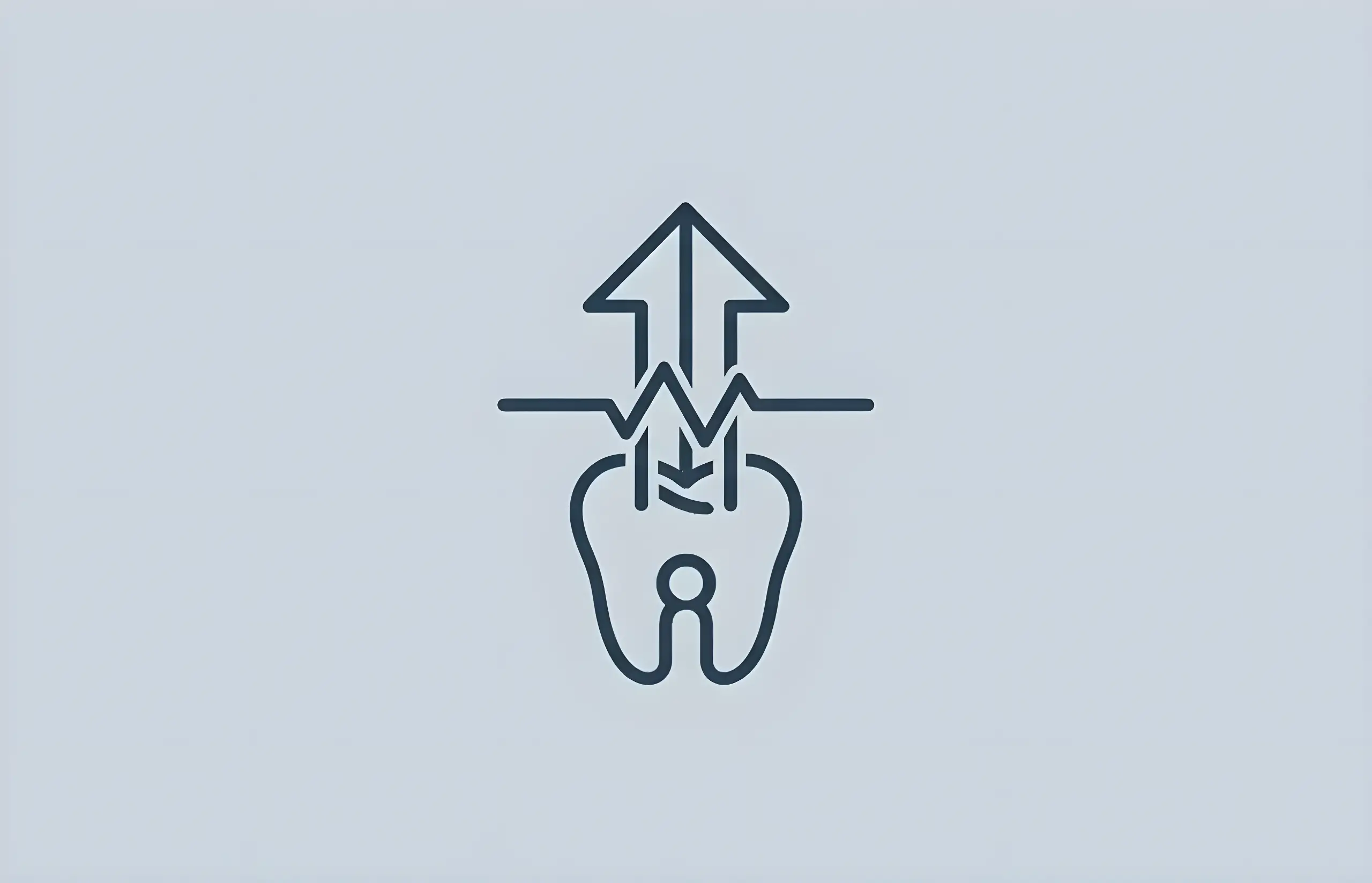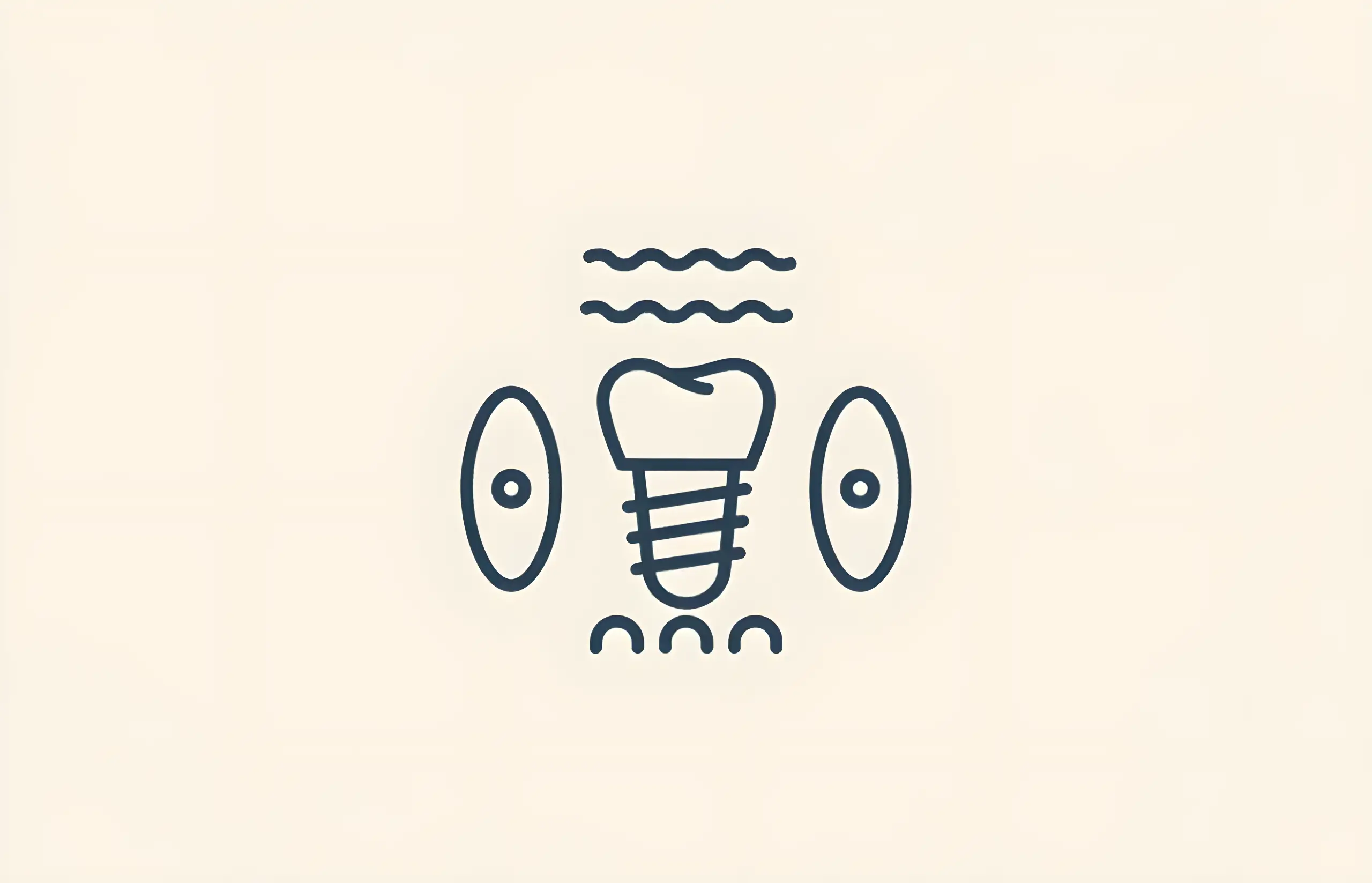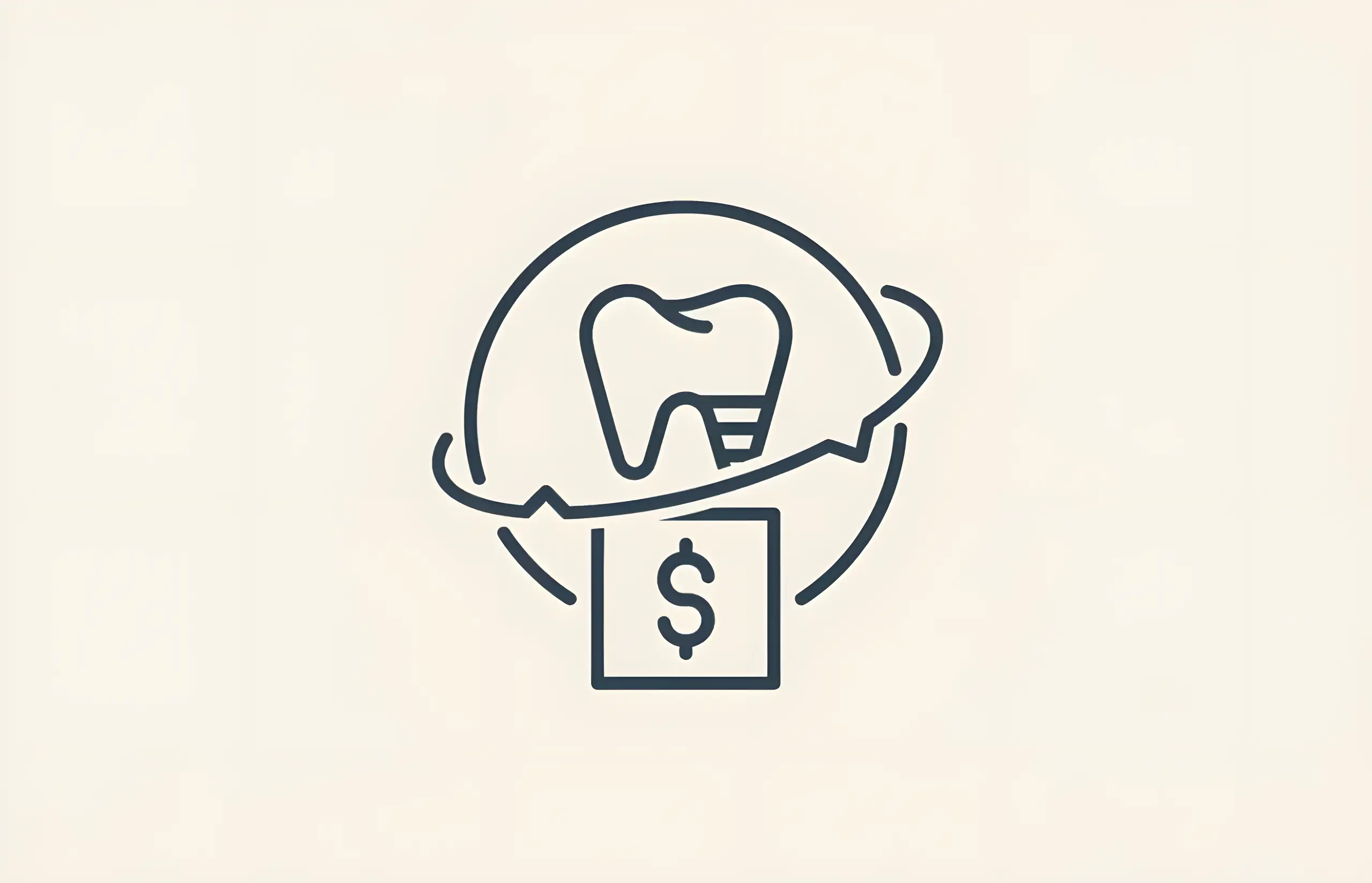Though they do come with a good 95% success rate, dental implants can sometimes cause the patient problems. Many of the issues are preventable when a patient is proactive. But some do develop on their own due to other reasons. The risk of developing implant problems is not high, but it is never a bad idea to have all of the information possible.
What Can Cause Dental Implant Infections?
The problems that lead to implant infections vary and depend on many factors determined by each patient. Things like poor healing, pre-existing medical conditions, lack of bone, and surgical techniques can cause an implant to become infected.
Poor Healing
Dental implants are technically considered a surgical procedure, and since the human mouth is full of bacteria, an infection can happen. If a patient experiences any symptoms such as pain, fever, and swelling/redness that lasts more than four days, they should call their provider.
Medical Conditions
If a patient has any conditions such as gum disease, cancer, or diabetes, their healing time may be delayed, leading to unwanted complications from the procedure. These problems can also be made worse by smoking and drinking too close to the procedure's conclusion.
Lack of Bone
If a patient has less dense bones, extra steps may need to be taken to ensure that the implant has enough bone to grow off of. The extra procedure can lead to more complications if not handled properly.
Surgical Technique
The dentist providing the care must be well-versed in all proper sterilization and aseptic techniques before operating. If they are not, the patient can suffer because of improper procedure.
Dental Implant Infection Symptoms
The symptoms of an infected implant are close to the symptoms of gum disease and can include any of the following:
- Loose implant
- Puffiness or redness around the implant
- Bad taste in the mouth
- Foul breath
- Pain or throbbing in the area
- Pus from the area
- Fever
- Chewing difficulty
If a patient experiences any of these symptoms for more than four days to one week following the procedure, they should call their provider to further assess the situation.
What Should You Do If Your Dental Implant Is Infected?
Before any action is determined, the dentist will run an X-ray of the area to check for bone loss. If the infection is minor, they will provide the patient with a prescription for an antibiotic to take to rid the mouth of the infection.
In more serious cases, when the infection has developed into something known as peri-implantitis (a big portion of the bone was lost), the implant will likely have to be removed. This will typically be done surgically. In some of these circumstances, the dentist may decide to let the bone loss progress to a point when the implant can be removed with forceps. Some patients may be able to qualify for reimplantation through bone grafts and several months of healing.
Sources and References
-
[1]
Prevalence, incidence, systemic, behavioral, and patient-related risk factors and indicators for peri-implant diseases: An AO/AAP systematic review and meta-analysisJournal of Periodontologyhttps://pmc.ncbi.nlm.nih.gov/articles/PMC12273760/
-
[2]
The Etiology and Management of Dental Implant Failure: A ReviewCureushttps://pmc.ncbi.nlm.nih.gov/articles/PMC9674049/
-
[3]
Postoperative infections after dental implant placement: Variables associated with increased risk of failureJournal of Periodontologyhttps://pubmed.ncbi.nlm.nih.gov/29797721/
-
[4]
Assessment of Complications in Dental Implant SurgeryJournal of Pharmacy & Bioallied Scienceshttps://pmc.ncbi.nlm.nih.gov/articles/PMC11426911/
All sources accessed and verified on . Medical information reviewed for accuracy and compliance with current guidelines.
Related Articles

Are Dental Implants Covered by Insurance?
Comprehensive guide to dental implant insurance coverage, what plans typically cover, alternative payment options, and important information about the dental implant procedure

Are Dental Implants Painful?
Comprehensive guide to dental implant pain, including what to expect during surgery, post-operative recovery, pain management, and healing timeline

Dental Implants: Problems and Side Effects
Comprehensive guide to dental implant complications, risk factors (smoking, diabetes, gum disease), common side effects, peri-implantitis, infection rates, prevention strategies, and alternative treatments

Dental Implant Costs In The UK – Single Tooth and Full Mouth
Complete guide to dental implant costs, financing options, success rates, and what to expect from single tooth to full mouth implant treatments in the UK

How Long Do Dental Implants Last?
Longevity and Survival Rates (96.8% at 10 Years, 94.0% at 15 Years, 78% at 20 Years)

A Guide to Mini Dental Implants
Comprehensive information about mini dental implants, including what they are, the installation process, success rates, costs, and how they compare to traditional implants

Why Are Dental Implants So Expensive?
Understanding the costs behind dental implant procedures, including the multi-step process, custom fabrication, advanced materials, and long-term value of this tooth replacement solution
About The Dental Guide
The Dental Guide is a trusted online resource providing evidence-based information about dental health, treatments, and procedures. Our content is created and reviewed by qualified dental professionals to help you make informed decisions about your oral health.
Our Mission
- Evidence-based dental information
- Expert-reviewed content
- Clear, accessible explanations
- Latest treatment options
- Patient-focused guidance
Editorial Standards
- GDC-registered dental professionals
- Peer-reviewed sources
- Regular content updates
- Medical accuracy verification
- Transparent authorship
Important Notice
The information on The Dental Guide is for educational purposes only and should not replace professional dental advice. Always consult with a qualified dentist for diagnosis and treatment recommendations tailored to your individual needs and circumstances.
Medically Reviewed
Reviewed by Dr. Nasim Mechoui , BDS (Bristol)
Share this article
Comments & Discussion
Have questions about dental implants? Share your thoughts or experiences.
